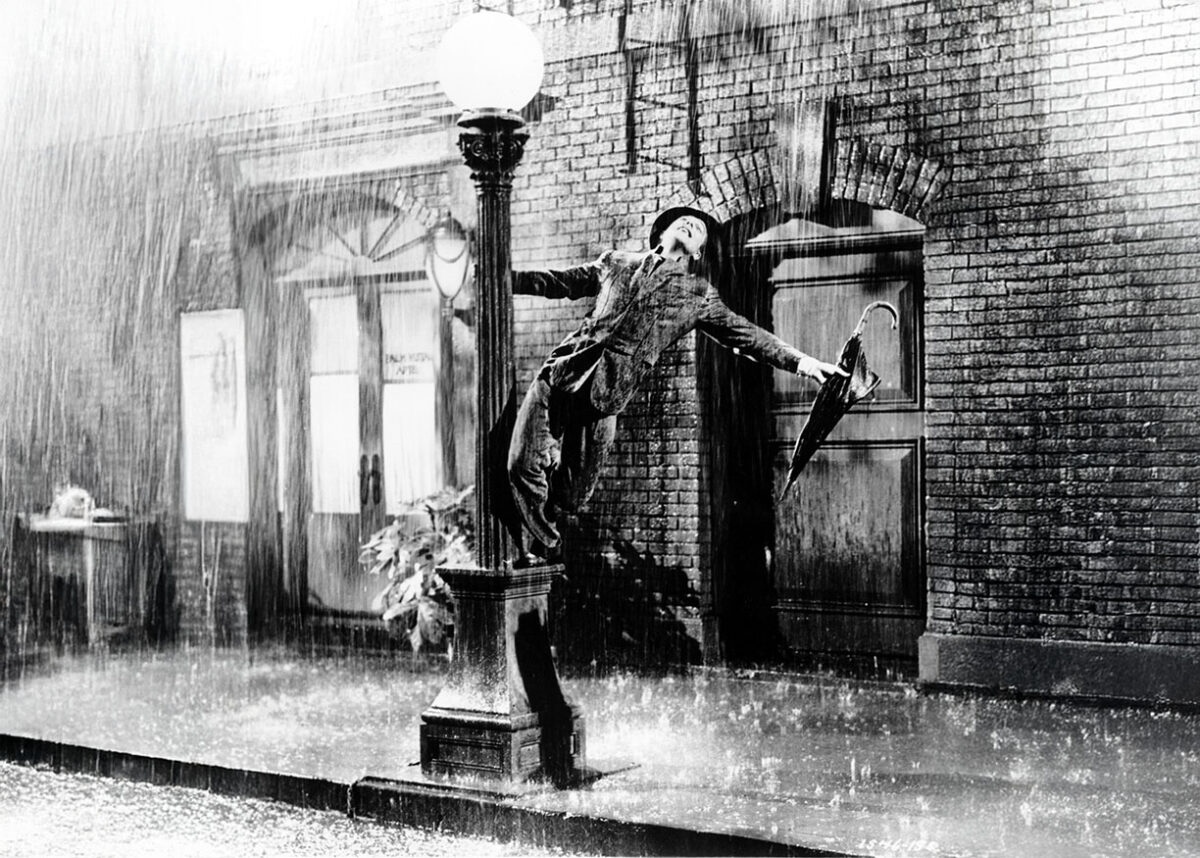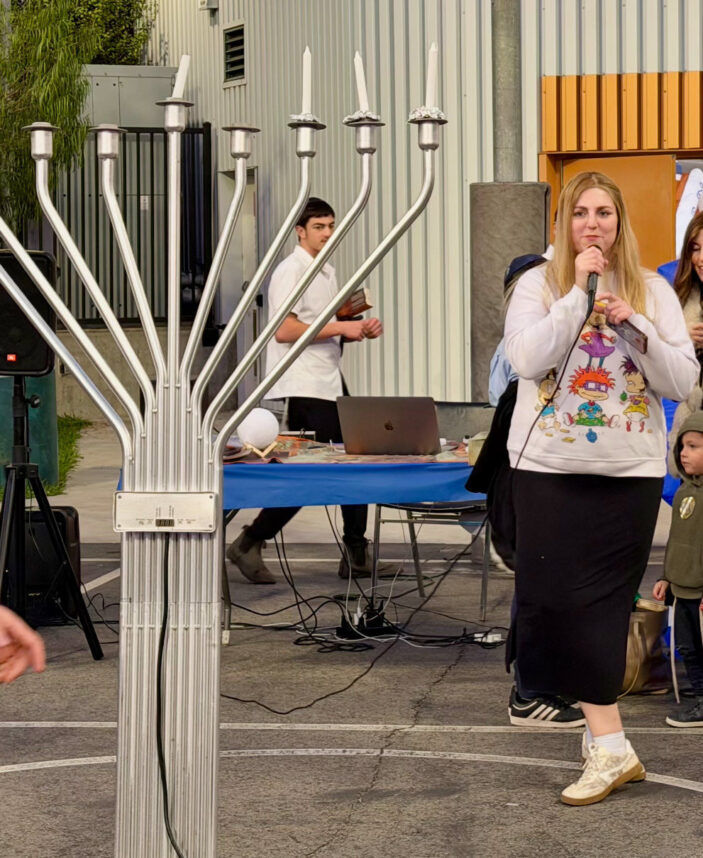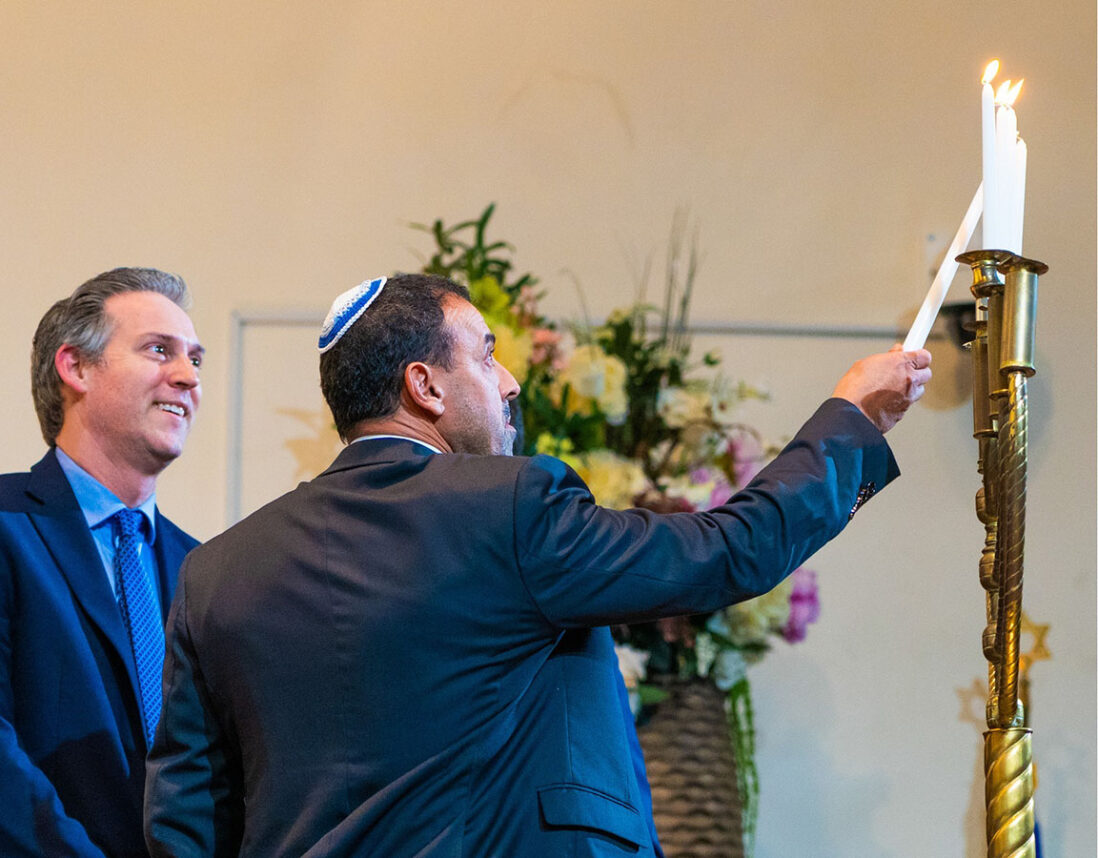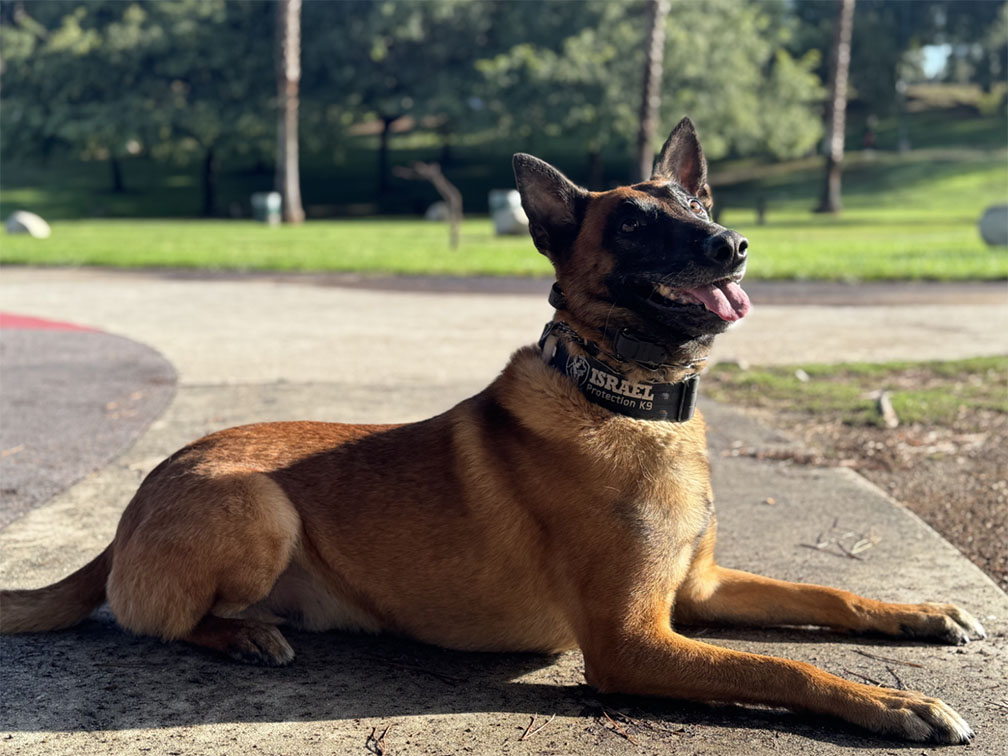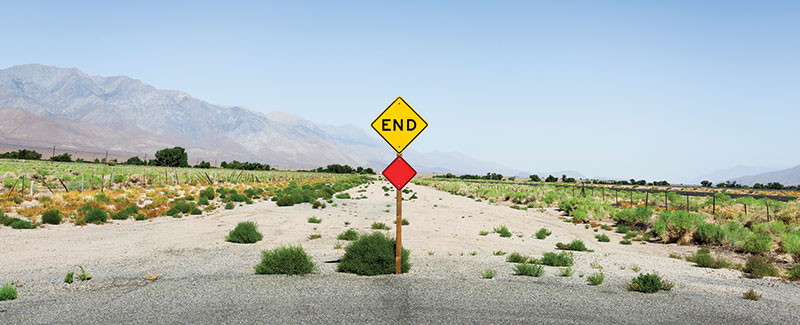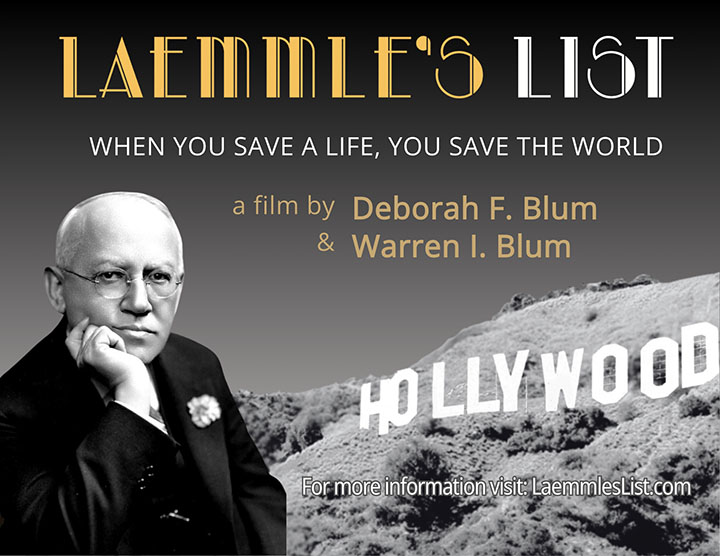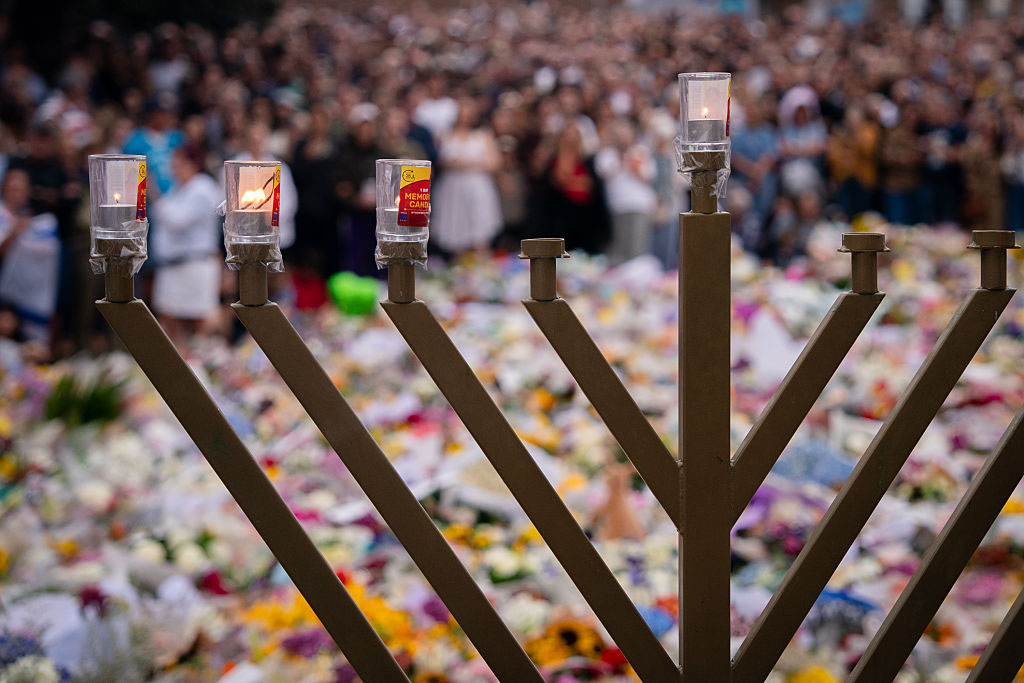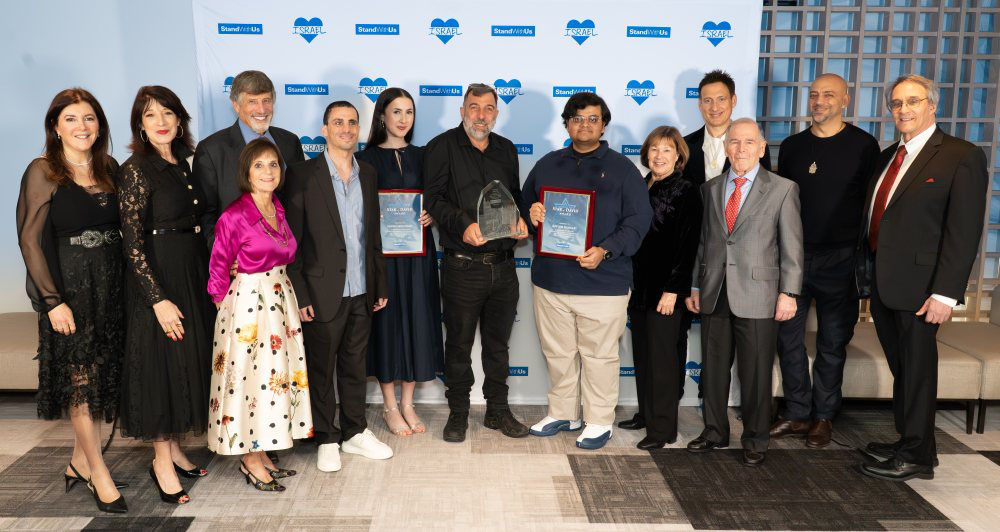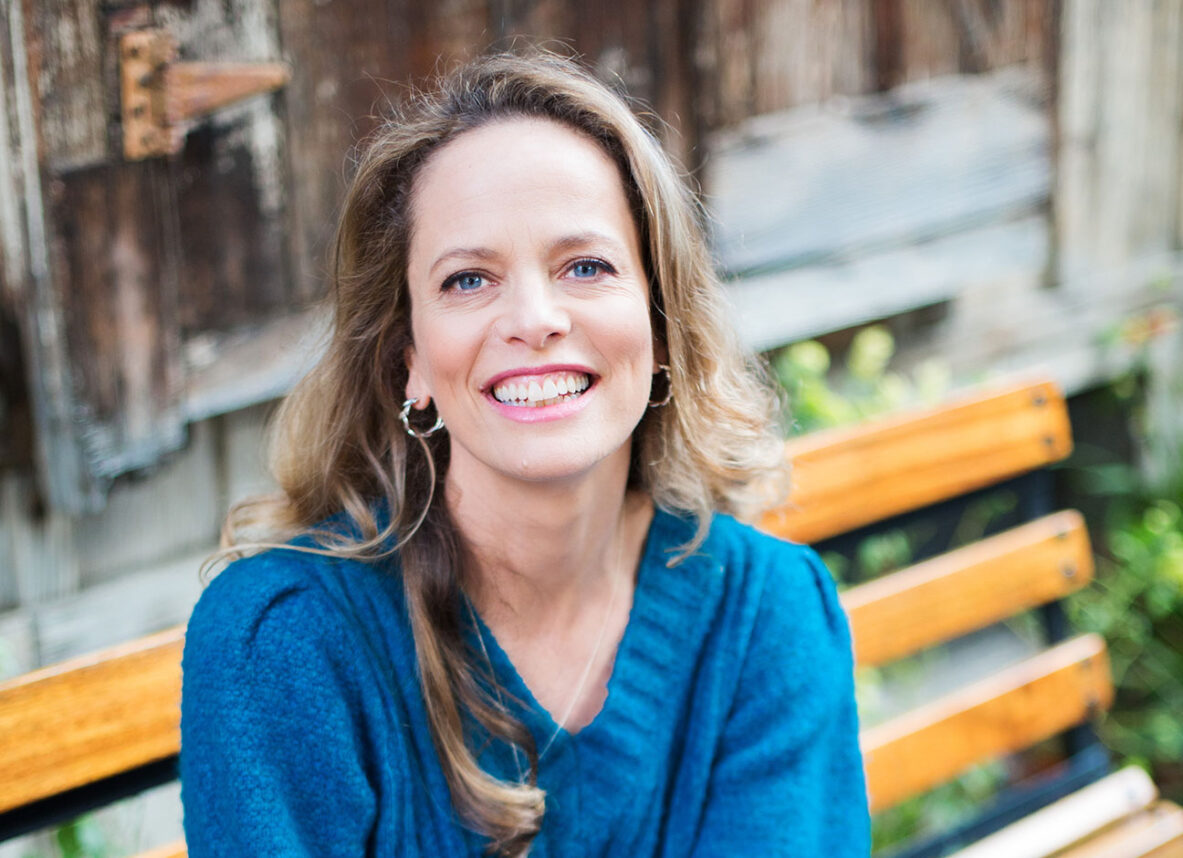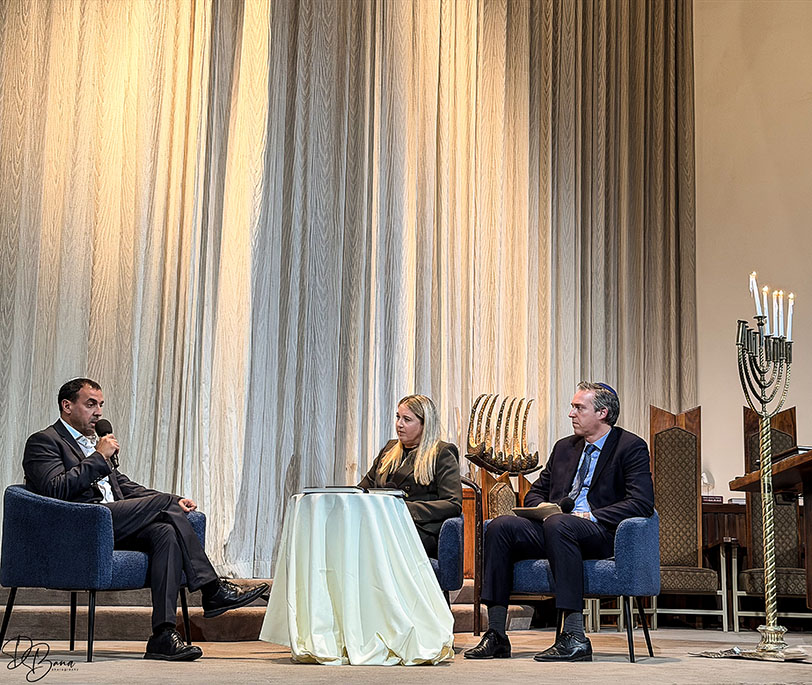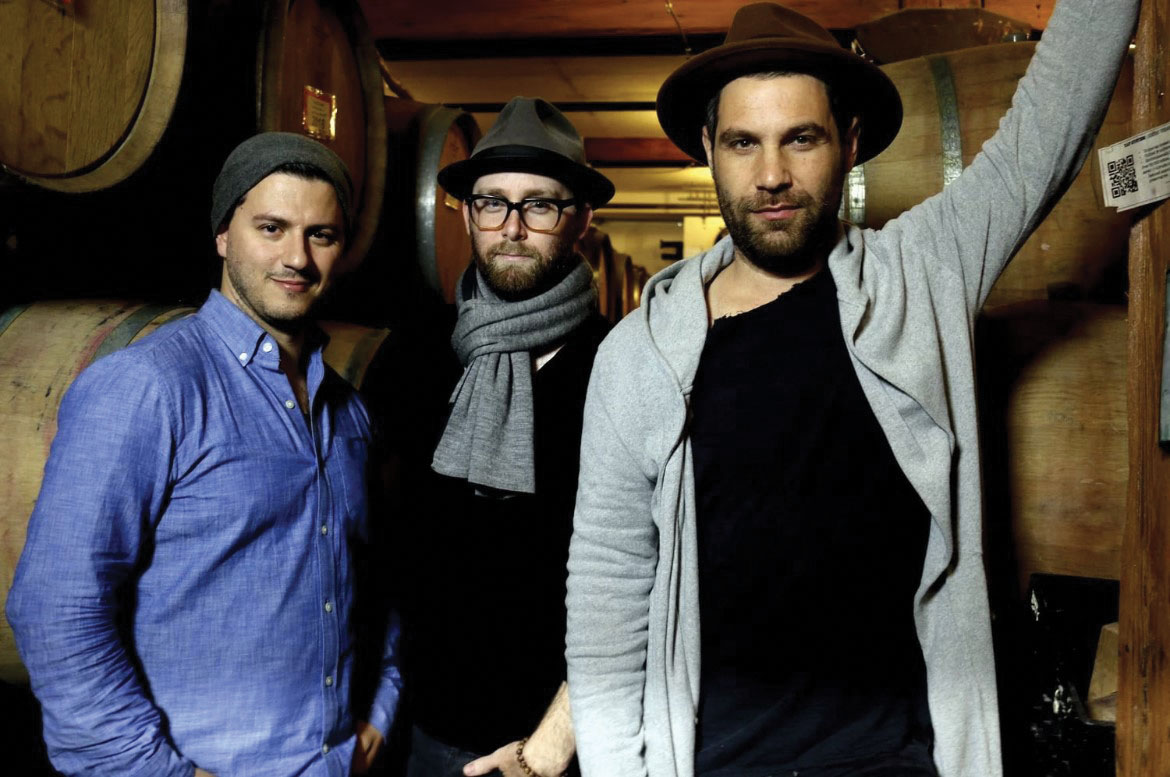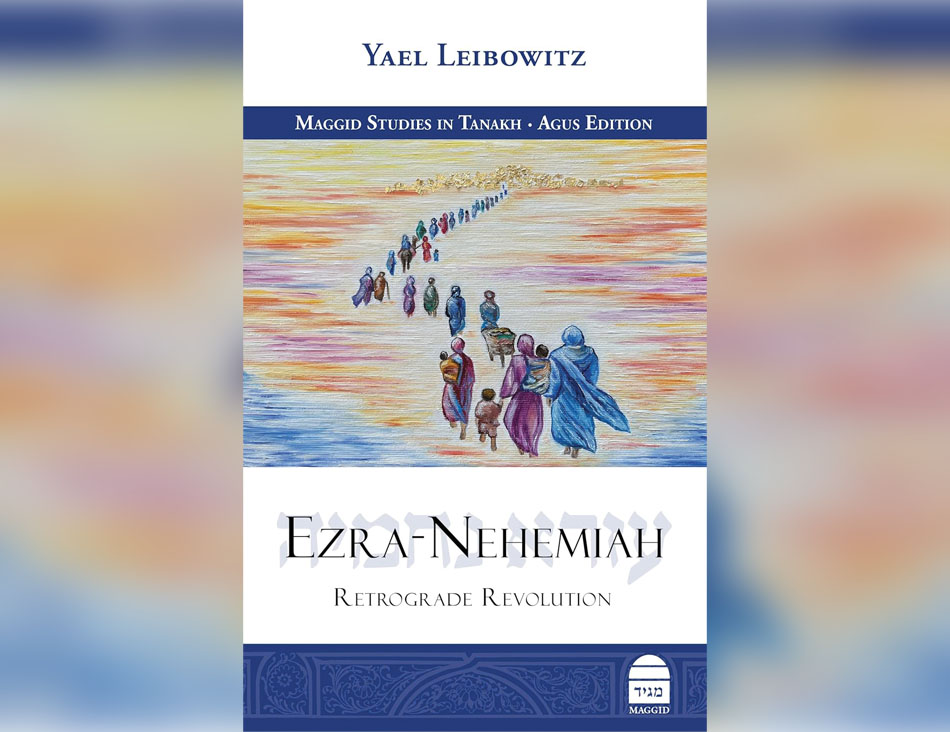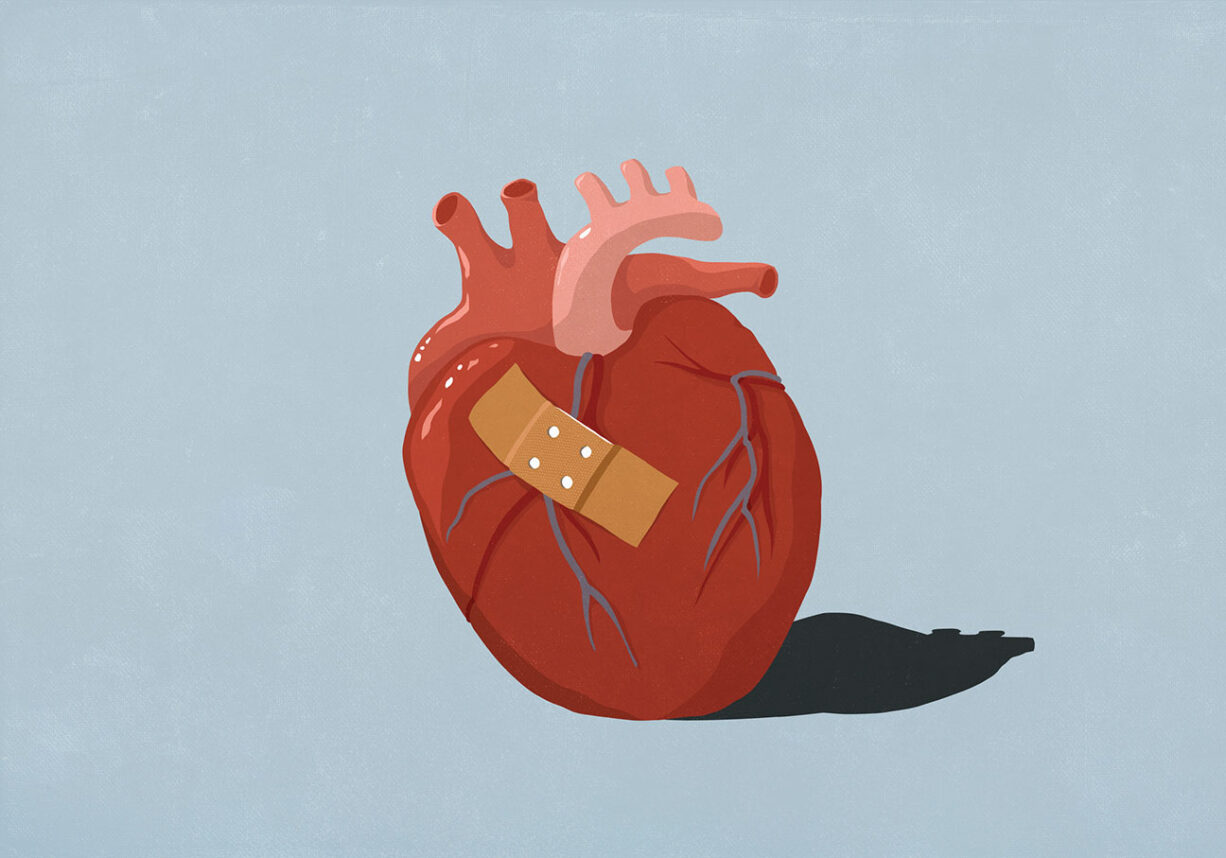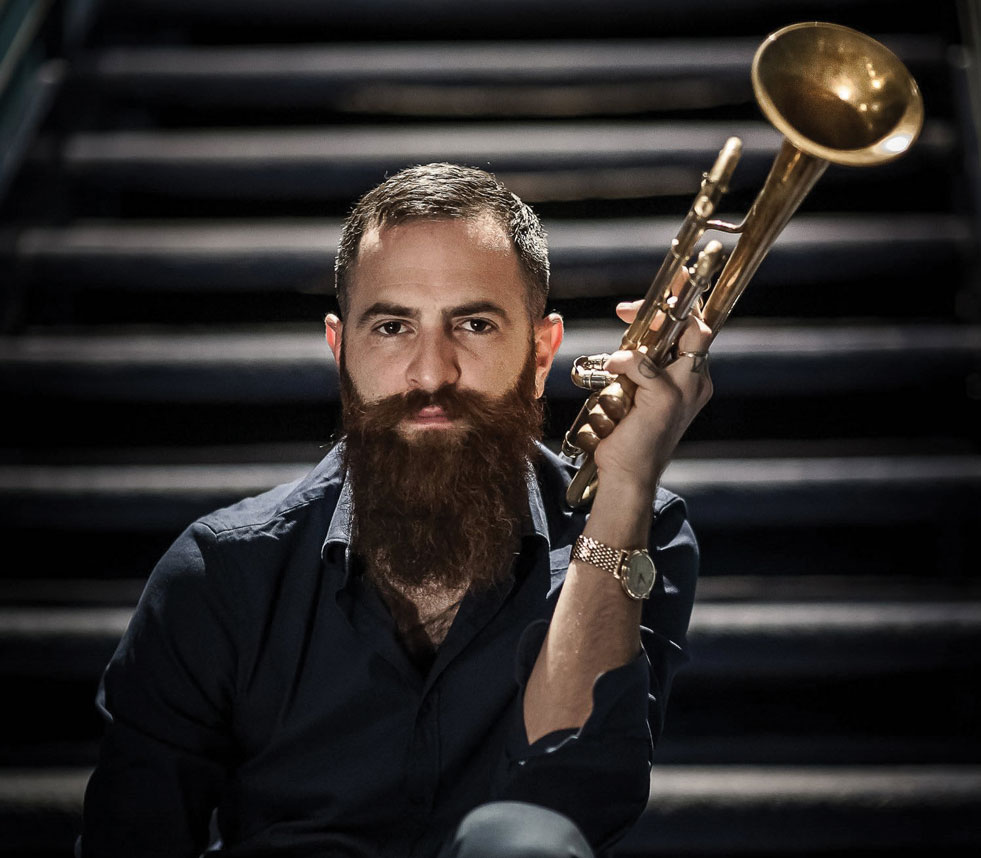
To get an idea of the collective impact that Israeli musicians have had on American jazz in the past two decades, consider that when the name Avishai Cohen comes up these days, it must be specified whether the player in question is the Tel Aviv trumpeter or the bassist from the Jerusalem neighborhood Motza. Both live and work around New York City.
The trumpeter — who will be performing Sept. 15 at the bluewhale in Little Tokyo — has tenaciously built his American audience and critical reception through consistently rewarding performances and recordings. In 2006, he released his first album, “The Trumpet Player,” on the low-profile Fresh Sound label, His latest recording, “Cross My Palm With Silver,” was released May 5 on the first-cabin ECM imprint. He’s now a label mate of pianist Keith Jarrett and saxophonist Charles Lloyd.
A multiplicity of styles and contexts characterizes Cohen’s music. The 38-year-old might play percussively forte over a roiling electric funk ensemble with echo pedals and other electronic effects. Or, he might pensively explore the recessed tonal corners of jazz standards like Billy Strayhorn’s “Lush Life” and Charles Mingus’ “Goodbye Pork Pie Hat” with an acoustic rhythm section.
On “Cross My Palm With Silver,” Cohen gives a tutorial on how to sustain interest over five selections of largely improvisational pieces with a flexible rhythm section. His pungent sound is telescoped into middle register tones and notes, doled out the way a fortuneteller slowly turns over her cards. Cohen always gives the impression that, regardless of what’s showing on the table in the lines he articulates, there’s more in his deck.
For his visit to Los Angeles, Cohen brings his “Silver” quartet of pianist Yonathan Avishai, bassist Barak Mori and drummer Nasheet Waits. Avishai has known the trumpeter since their junior high days in Tel Aviv.
“From the very first time we played together, [Cohen] had a clarity of tone, sound and intention,” Avishai said by phone from Paris. “His playing has become more and more personal. He’s searching very deeply. In a very modest way, I allow myself to say that we share the same search.”
Writers often have brought up Cohen’s tonal similarity to Miles Davis’ unamplified horn. It’s a jacket that was thrown onto great trumpet stylists from Chet Baker to Art Farmer — to their chagrin, as it ignored the former’s Great American Songbook-based lyricism and the latter’s bebop-hardened linear skill at fast tempos.
“I don’t pay too much attention to it,” Cohen said of the comparison as he spoke by phone from Goa, India, where he lives with his wife and two children. “Yes, I listened to [Davis], but also Chet, Art and Kenny Dorham and many others. I know what I’ve taken from each of them.”
There must have been something in the water at the Cohen house in Tel Aviv. The trumpeter’s sister, who also lives in New York, is Anat Cohen, a clarinetist and saxophonist. And don’t forget their brother back in Israel, pianist and composer Yuval. They all lead multiple bands but occasionally combine for their family ensemble: 3 Cohens.
“There was a great and obvious passion for music in our family,” the trumpeter explained. “As we grew up, we played more and more. There was never a doubt that this was our path, and our parents allowed us to pursue it.”
“Our parents were not musicians,” he continued, “but they saw that we loved it so much. They showed up at every recital and concert that we performed. Their support was also monetary — it’s a real financial and logistical commitment to send kids to a conservatory.”
Although the “Silver” quartet is comprised of three Israelis and an African-American drummer, its pianist, Avishai, doesn’t see the band’s music as especially Israel-centered.
“It’s a part of the music because three of us are from Israel,” he conceded, “but it’s not what we’re intent on bringing out. More importantly to me, I’ve gained a better understanding of how to use the piano in the space found in the music. In our shows, especially, we take it further — playing around with the songs and their structures.”
Although he can’t explain how it’s come about, Cohen said he appreciates Israel’s contribution to contemporary jazz.
“I’m always amazed how many jazz musicians from Israel I come across,” the trumpeter said. “It’s a beautiful thing, and they keep on coming. They’re passionate about playing, swinging and learning the history of the music. I hope to see more.
“It’s still a mystery to me: Why is it that so many good players come out of such a small place?”








